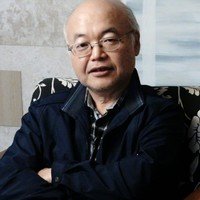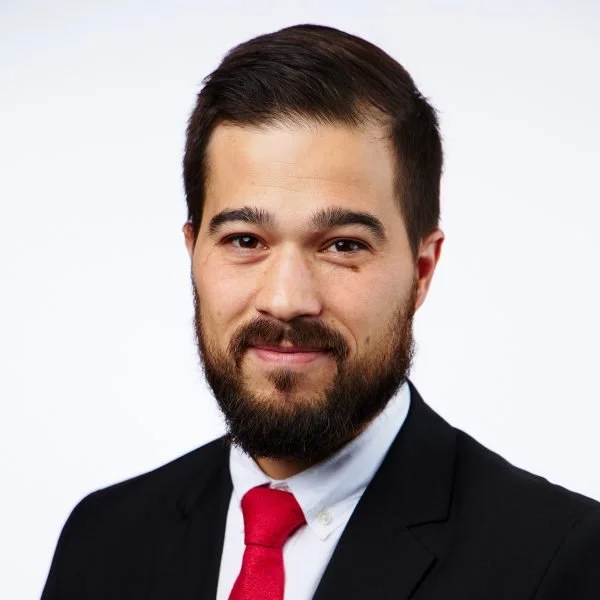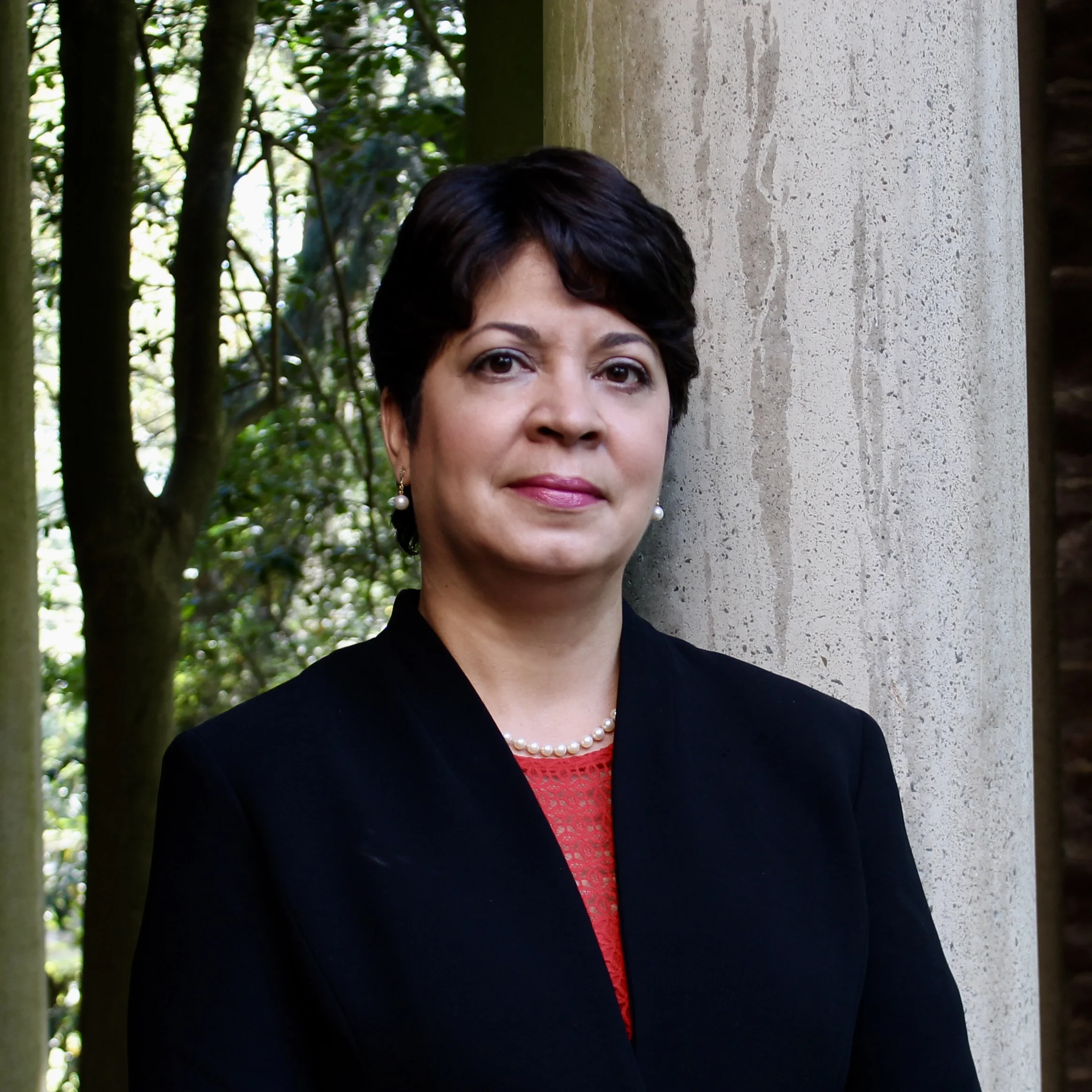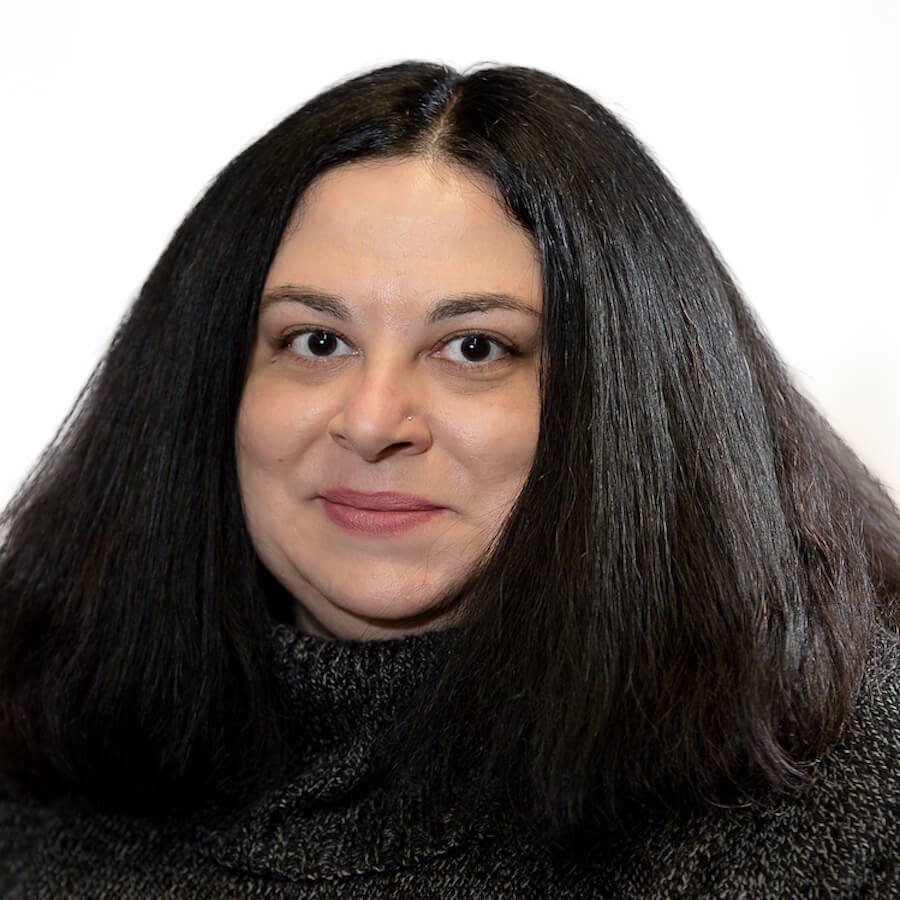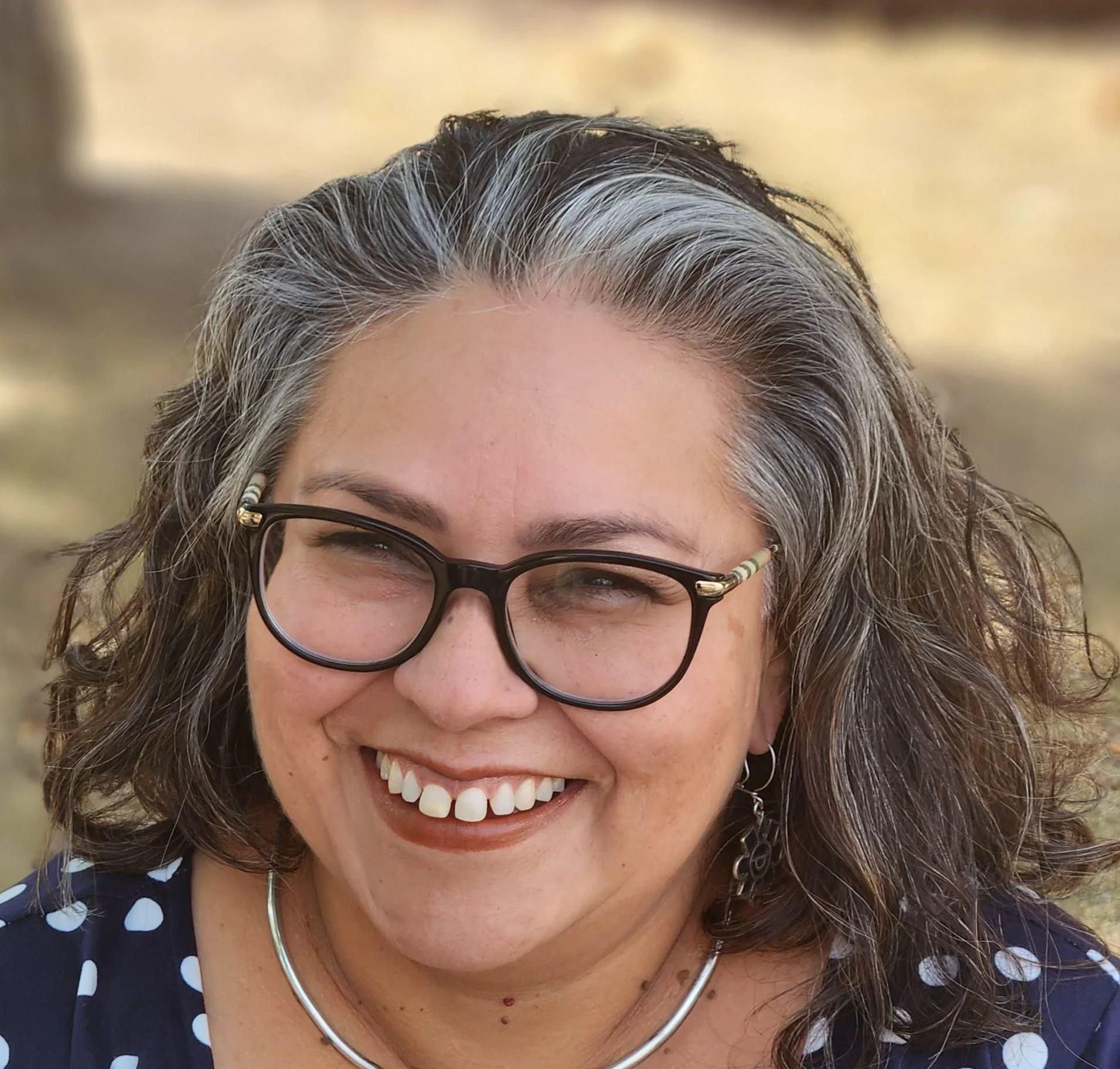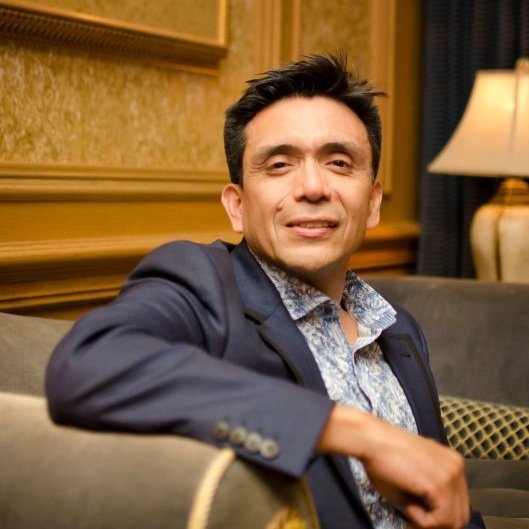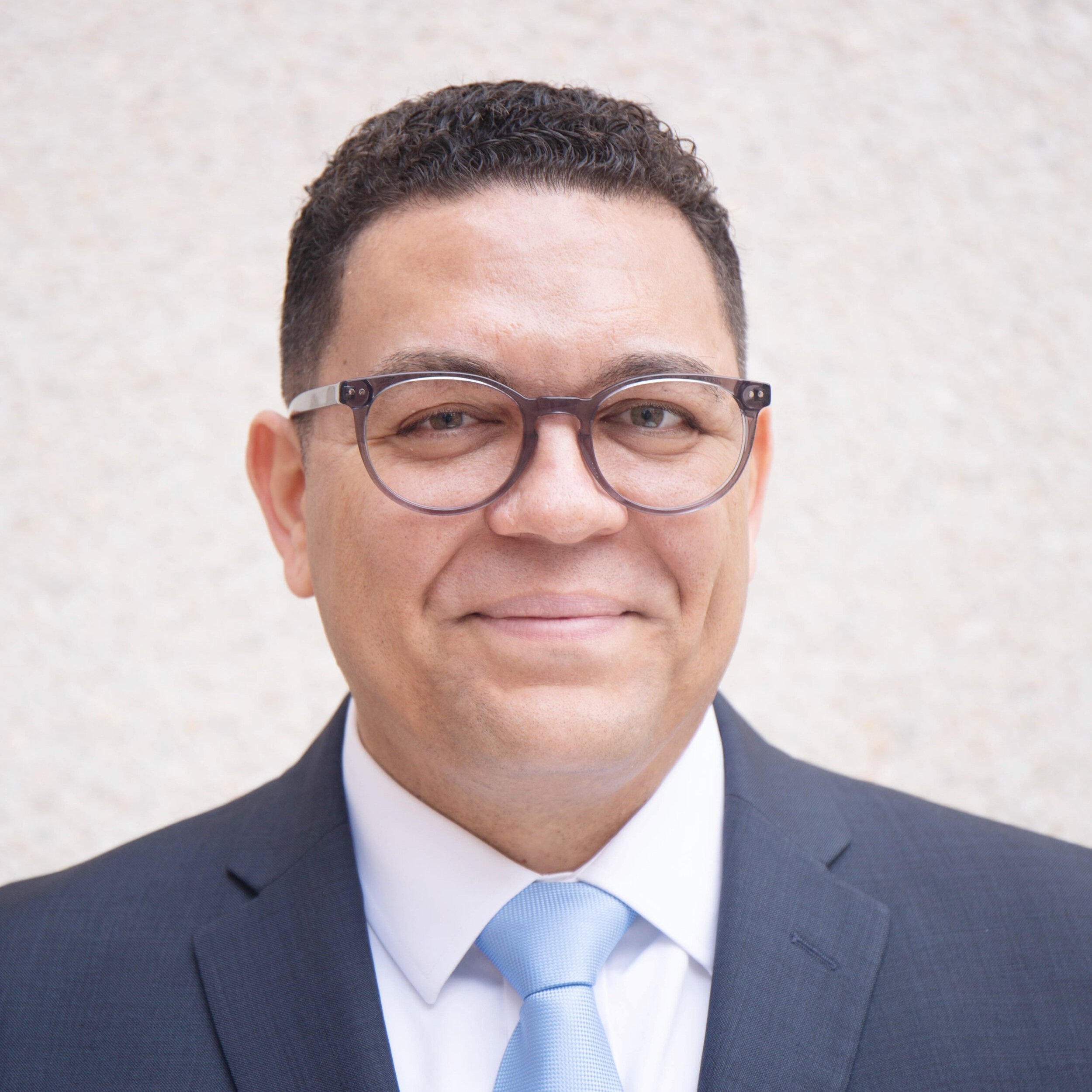Jennifer Baez
Dr. Jennifer A. Baez, Assistant Professor of Art History in the School of Art + Art History + Design at University of Washington, specializes in the visual, material, and religious culture of Latin America and the African diaspora under the global Spanish empire. She received her PhD in art history from Florida State University, where she taught courses in museum studies and the history of African art. She also holds and MA in Art History from University of Arizona; and MA in Translation and Interpretation from Monterey Institute of International Studies, and a BFA in Painting and Printmaking (with a minor in Romance Languages) from SUNY Purchase College. Her current book project on the miraculous icon of the Virgin of Altagracia in colonial Hispaniola is a microhistory exploring intersections between Marian devotion, artistic practice, race, and the formation of Spanish Creole origin stories. She is also interested in contemporary Caribbean and Latinx art, and writes on monuments, heritage, and issues of gender, race, and representation.
Her work has appeared in several journals and academic platforms, including Hyperallergic, Small Axe, Arts, Smarthistory, and in the Art & Architecture ePortal of Yale University Press (forthcoming). Several grants and fellowships have supported her research, including a Carl & Marilynn Thoma Foundation award. She was also selected to participate in the 6th annual Curatorial Foundation Seminar hosted by the Mellon Foundation and the Center for Curatorial Leadership in New York City. Dr. Baez is currently working on an exhibition on salt and cross-cultural artistic exchange in the Black Mediterranean. Professional affiliations: College Art Association (CAA), Association of Latin American Art (ALAA), Renaissance Society of America (RSA), and the Latin American Studies Association (LASA) section for Haiti and the Dominican Republic.
Lis Valle-Ruiz
Rev. Dr. Lis Valle-Ruiz is Assistant Professor of Homiletics at McCormick Theological Seminary. She holds a PhD in Homiletics and Liturgics from Vanderbilt University, where she also studied gender and sexuality. Her dissertation, “As One Among Many: Affirming a Multitude of Embodied Preaching Practices,” analyzes pulpit preaching through public speech, street preaching through symbolic action, and preaching through theater and proposes that these are three paradigms among many others in the repertoire of embodied Christian preaching practices among which preachers may choose. Originally from Puerto Rico, Rev. Dr. Valle-Ruiz has researched the theology of the sermons of Latina clergy and is also the author of “Toward Postcolonial Liturgical Preaching: Drawing on the Pre-Columbian Caribbean Religion of the Taínos” in Homiletic Online Journal (2015).
She is an ordained minister in the Presbyterian Church (USA) since 2013 who has served as Professor of Theology and Scripture at the Lux Summer Youth Institute in Monmouth College, IL and possesses a background as both an actor and a lawyer. Rev. Dr. Valle-Ruiz holds a ThM in Homiletics from Princeton Theological Seminary, an MDiv from Louisville Presbyterian Theological Seminary, as well as a JD from the University of Puerto Rico. With a BA in Education with an emphasis in Theater, Rev. Dr. Valle-Ruiz has continued to combine her study of theology and passion for justice with her work as an actress and an artistic director. She is a member of the American Academy of Religion, the Academy of Homiletics, and the ARC Creative Collaborative for Theopoetics, among other professional organizations. Dr. Valle-Ruiz has been a fellow with the Forum for Theological Exploration and the Hispanic Theological Initiative/Consortium.
Jung Mo Sung
Jung Mo Sung is a Roman Catholic lay theologian trained in theology, ethics, and education. Born in South Korea and has been living in Brazil since 1966, he teaches in the Graduate Program in Religious Studies at Methodist University of São Paulo, Brazil. He works within the paradigm of liberation theology and is considered a "next generation" theologian-practitioner. His research focuses on the relationship between theology and economics, especially the theological aspects of capitalist economics and the economic aspects of Christian theology. He has written many books on theological critique of political economy, including the following titles in English: Desire, Market and Religion (SCM Press, 2007); Beyond the Spirit of Empire (SCM Press, 2009), co-authored with Néstor Miguez and Joerg Rieger; and The Subject, Capitalism and Religion: Horizons of Hope in Complex Society (Palgrave Macmillan, 2011).
Filipe Maia
Dr. Filipe Maia is Assistant Professor of Theology at the Boston University School of Theology. His research and teaching focus on liberation theologies and philosophies, theology and economics, and the Christian eschatological imagination. Dr. Maia's scholarship pays special attention to how imaginaries about the future shape politics, economics, cultural patterns, and religious practices. Employing sources in Marxist and continental philosophies, his current book Trading Futures: A Theological Critique of Financialized Capitalism (Duke University Press, 2022) offers an analysis of the debate in critical theory, addressing the “financialization” of capitalism to show how future-talk is ubiquitous to financial discourse and how contemporary finance engenders a particular mode of temporality. In this context, he suggests that the language of hope, as approached by Latinx liberation theologians, is a subversive social force that can continuously question and resist the hopes and expectations conjured by hegemonic economic discourses. Dr. Maia holds BTh and BPh degrees from Universidade Metodista de São Paulo, and a ThD from Harvard Divinity School.
Joanne Rodríguez
Rev. Dr. Joanne Rodríguez is Executive Director of the Hispanic Theological Initiative (HTI) and an ordained minister in the Presbyterian Church USA. Since 1999, Rev. Dr. Rodríguez has collaborated with students, faculty, deans, presidents, and directors of non-profit educational programs to ensure that HTI doctoral students graduate as influential leaders in theological and religious education and the broader educational landscape. She holds an honorary doctorate from the Iliff School of Theology, where she served as the Commencement Speaker for the class of 2024. She also earned ThM and MDiv degrees from Princeton Theological Seminary and a BA from Pace University. The Association of Theological Schools (ATS) recognized her contributions with a 2024 Women in Leadership Trailblazer Award. Additionally, Rev. Dr. Rodríguez is a teaching elder at the Westminster Presbyterian Church in Trenton, New Jersey.
Kristina Lizardy-Hajbi
Rev. Dr. Kristina Lizardy-Hajbi is Assistant Professor of Leadership and Formation and Director of the Office of Professional Formation at Iliff School of Theology in Denver, Colorado; she also co-directs the Doctor of Ministry in Prophetic Leadership and coordinates the Certificate in Latinx Studies for the Iliff and the University of Denver Joint PhD in the Study of Religion. Rev. Dr. Lizardy-Hajbi is an Ordained Minister in the United Church of Christ and has served in a variety of ministry roles, including as a hospital chaplain, youth leader, multicultural student affairs director, and denominational researcher. Her research interests include organizational leadership, liberative theological and decolonial approaches to ministry, congregational studies, young adult spirituality, and intersectional pedagogical practices. She is co-editor of Explore: Vocational Discovery in Ministry (Rowman & Littlefield, 2022) and has written several book chapters, journal articles, and national and denominational research reports. At present, she is a regional advisor for the Exploring the Pandemic Impact on Congregations (EPIC) National Research Project through Hartford Institute for Religion Research and a research fellow with the Center for Church Management at Villanova University.
Adriana Nieto
Dr. Adriana Nieto is an associate professor and chair of the Department of Chicana/o Studies at Metropolitan State University of Denver. She has been with the university for over 15 years, first starting out as an adjunct professor and then becoming a full-time faculty member in 2009. Her teaching and research interests include Latina spiritualities and practices; women of color feminisms; mental health among Xicanas in early 20th-century New Mexico; Chicana protestants in the US-Mexico Borderlands; oral history and water in the ‘West’, with special interest in acequia culture and practices in southern Colorado. Dr. Nieto received her PhD in religious and theological studies from the University of Denver and Iliff School of Theology, her master’s in Latin American studies, with a focus on gender studies and borderland history from the University of New Mexico, and her bachelor’s in Latin American and women studies, also from the University of New Mexico. Dr. Nieto is also currently on the Hispanic Theological Initiative (HTI) Steering Committee and is an HTI alumna.
Valentina Napolitano
Dr. Valentina Napolitano is Professor of Anthropology and Connaught Scholar at the University of Toronto. Her work engages with anthropological, political theological and critical theory debates about personhood, migration, traces, borderlands, and the religious. Among other work, she is the author of two monographs—Migrant Hearts and the Atlantic Return: Transnationalism and the Roman Catholic Church (Fordham University Press, 2015) and Migration, Mujercitas and Medicine Man: Living in Urban Mexico (University of California Press, 2002)—and different edited collections and articles. She is the recipient of the Connaught Global Challenge Award for the project Entangled Worlds: Sovereignty, Sanctities and Soil (with Prof. Simon Coleman), a tri-campus University of Toronto Initiative, and she herself navigates different threads of life through the soil and histories of the Americas, the trans- Mediterranean and West Africa.
Kristin Norget
Dr. Kristin Norget is Associate Professor of Anthropology at McGill University. Her current research interests are concerned with mediatization and contemporary strategies of evangelization of the Roman Catholic Church focused on Mexico and Peru. She has also published on issues of indigeneity and Catholic liberation theology in Mexico. In addition, building on a long-standing interest in transcultural psychiatry, Dr. Norget, who holds a PhD from Cambridge University, completed an MA program in counseling psychology in 2017. She co-edited Mediating Catholicism: Religion and Media in Global Catholic Imaginaries (Bloomsbury Press, 2022) with Eric Hoenes and Marc Loustau; The Anthropology of Catholicism: A Reader (Berkeley: University of California Press, 2017) with Valentina Napolitano and Maya Mayblin; and is the author of Days of Death, Days of Life: Ritual in the Popular Culture of Oaxaca (Columbia University Press, 2006).
Mickey Correa
Rev. Mickey Correa, a native of Brooklyn, NY, is of Puerto Rican descent. A bi-vocational and bilingual pastor, he serves as clergy at Christ Church Washington Heights, leading worship in English and Spanish, and providing pastoral care. In addition to ministry, his professional experience includes working as a licensed psychotherapist and, currently, as the Chief Program Officer at Blanton-Peale Institute & Counseling Center in New York City. He also serves as a lecturer at the City College of New York and has lectured at Fordham University. Rev. Correa earned a BA in History and Religion from Hunter College; an MSW at Fordham University, focusing on Clinical Social Work and specializing in the treatment of addiction; and an MDiv from New York Theological Seminary.
Angela Valenzuela
Dr. Angela Valenzuela is a professor in both the Cultural Studies in Education Program within the Department of Curriculum & Instruction, and the Educational Policy and Planning Program within the Department of Education Leadership and Policy at the University of Texas at Austin, where she also serves as the director of the Texas Center for Education Policy. Her research and teaching interests are in urban education from a sociological and multicultural perspective, with a focus on minority youth in schools, particularly at the K-12 level, culturally relevant curriculum, Ethnic Studies, and indigenous education. A Stanford University graduate, she has held appointments at Rice University, the Center for Mexican American Studies at the University of Houston, and most recently at the School of Education at the University of Colorado at Boulder. Dr. Valenzuela served as co-editor of the Journal of Qualitative Studies in Education and the Anthropology and Education Quarterly, and founded the education blog “Educational Equity, Politics, and Policy in Texas.” She is the award-winning author of Subtractive Schooling: U.S. Mexican Youth and the Politics of Caring (SUNY Press, 1999), Leaving Children Behind: How "Texas-style" Accountability Fails Latino Youth (SUNY Press, 2005), and Growing Critically Conscious Teachers: A Social Justice Curriculum for Educators of Latino/a Youth (Teachers College Press, 2016).
Tony Diaz
Writer and activist Tony Diaz, El Librotraficante, is a Cultural Accelerator. He was the first Chicano to earn a Master of Fine Arts degree from the University of Houston Creative Writing Program. In 1998, he founded Nuestra Palabra: Latino Writers Having Their Say (NP), Houston’s first reading series for Latino authors. The group galvanized Houston’s Community Cultural Capital to become a movement for civil rights, education, and representation. When Arizona officials banned Mexican American Studies, Diaz and four veteran members of NP organized the 2012 Librotraficante Caravan to smuggle books from the banned curriculum back into Arizona. He is the author of The Aztec Love God (Fiction Collective 2, 1998) and The Tip of the Pyramid: Cultivating Community Cultural Capital (University of New Orleans Press, 2022) is the first book in his series on Community Organizing.
Patricia Núñez
Patricia Núñez Porras has been in education for twenty-plus years and currently works with the Austin Independent School District in Texas. Her career in education started early in Mexico as a pre-kindergarten teachers’ assistant. She holds a Master’s degree from the University of Texas at Austin in Curriculum & Instruction, with a concentration in Bilingual/Bicultural Education, and is currently a doctoral student in Cultural Studies at the University of Texas at Austin. Certified as an Education Administrator with the Texas Education Agency, Núñez has worked as a bilingual teacher, an instructional coach, and an advocate for equitable access to high-quality bilingual education at local and national levels. Her greatest joys include collaborating on designing and co-teaching engaging units grounded in culturally relevant pedagogy. Núñez also stays energized, designing summer programs with themes like El maíz y el chocolate that sustain and revitalize languages, and highlight cultural assets and strengths.
Mark S. Young
Dr. Mark S. Young, president of Denver Seminary, is a theological educator and pastoral leader with over 40 years of global ministry experience. Prior to joining Denver Seminary in 2009, he served as professor of world missions and intercultural studies at Dallas Theological Seminary from 1995–2009 and was the founding academic dean of the Biblical Theological Seminary in Wroclaw, Poland.
Dr. Young has authored several publications, including The Hope of the Gospel: Theological Education and the Next Evangelicalism (Eerdmans Publishing Company, 2022); One True Story, One True God: What the Bible Is All About (Our Daily Bread Publishing, 2021); “Marriage and the Mission of God,” published in Marriage: Its Foundation; Theology and Mission in a Changing World (Moody Press, 2018); and “Recapturing Evangelical Identity and Mission,” published in Still Evangelical? Insiders Reconsider Political, Social, and Theological Meaning (InterVarsity Press, 2018). He has also presented on issues in theological education and mission for numerous international symposia and conferences.
Dr. Young holds a PhD in Educational Studies from Trinity Evangelical Divinity School and a ThM in New Testament Literature and Exegesis from Dallas Theological Seminary. He serves as the board chair for the Association of Theological Schools and is a member of the International Council for Evangelical Theological Education, Evangelical Theological Society, OMSC Missions Leaders Forum, and several other organizations. He has been married to Priscilla Young for nearly 40 years, has three children and eight grandchildren.
Vincent Lloyd
Dr. Vincent W. Lloyd is professor of theology and religious studies and the director of the Center for Political Theology at Villanova University, where he researches and teaches about the philosophy of religion, religion and politics, and race. Dr. Lloyd's publications include Black Dignity: The Struggle Against Domination (Yale University Press, 2022); Break Every Yoke: Religion, Justice, and the Abolition of Prisons, with Joshua Dubler (Oxford University Press, 2019); Religion of the Field Negro: On Black Secularism and Black Theology (Fordham University Press, 2017); and Anti-Blackness and Christian Ethics, edited with Andrew Prevot (Orbis, 2017). He coedits the journal Political Theology as well as the book series Transforming Political Theologies, published by Routledge, with Judith Gruber and David True. A second-generation Panamanian-American, Dr. Lloyd is vegan and lives with a partner, two children, and a pit bull in Philadelphia's Powelton neighborhood.
Matthew Vega
Dr. Matthew Vega is an assistant professor of theology and religious studies at the University of San Diego, where he is also an affiliated faculty member with the Africana Studies department. Dr. Vega earned a PhD in theology and religion as well as an MA in religion from the University of Chicago. He holds a BA in biblical and theological studies from Wheaton College. A scholar of race and religion, Dr. Vega's teaching and research explore the dynamics of race and class in Black (USA), Latin American, and majority world theologies of liberation. His work has appeared in various publications, including The Journal of Ecumenical Studies, Sojourners, and The Political Theology Network. Additionally, he co-authored a chapter in the Theology and Pop Culture series published by Fortress Press and Lexington Books, which compares the emergence of Black (USA) theology in the 1960s with the emergence of the Miles Morales Spider-Man. Dr. Vega's scholarship has been funded by the Hispanic Theological Initiative, the Forum for Theological Exploration, and the Anthony C. Yu Fellowship in Comparative Religion.
Philip Jenkins
Dr. Philip Jenkins is Distinguished Professor of History, and Co-Director of the Program on Historical Studies of Religion at Baylor University. He works in several diverse fields, with major current interests that include the studies of global Christianity, past and present; new and emerging religious movements; and Late Modern U.S. history, chiefly post-1975. Dr. Jenkins holds a PhD from Cambridge University and has published thirty books, which have been translated into sixteen languages. These most recent include He Will Save You from the Deadly Pestilence: The Many Lives of Psalm 91 (Oxford University Press, 2022); Climate, Catastrophe, and Faith: How Changes in Climate Drive Religious Upheaval (Oxford University Press, 2021); A Global History of the Cold War 1945-1991 (Palgrave Macmillan, 2021); Fertility and Faith: The Demographic Revolution That Is Transforming All The World’s Religions (Baylor University Press, 2020); Rethinking a Nation: The United States in the 21st Century (Macmillan/Red Globe, 2019); and Crucible of Faith: The Ancient Revolution That Made Our Modern Religious World (Basic Books, 2017).
Joel Pérez
Dr. Joel Pérez is an executive and leadership coach (PCC) with over 25 years experience in higher education. He is the owner of Apoyo Coaching and Consulting, LLC and a Professionally Certified Coach with the International Coach Federation (ICF), where he currently serves as the Director of Diversity, Equity, and Inclusion for the Los Angeles Chapter, leading inclusion efforts. He specializes in career transitions, career coaching, identity-conscious leadership coaching for professionals who want to develop their cultural humility. As a consultant, he assists organizations that want to move from performative statements toward sustainable change. He has a certification in the the Myers-Briggs Type Indicator® (MBTI), is a Qualified Administrator for the Intercultural Development Inventory (IDI), a Gallup Strengths Certified Coach, and a certified coach through the Academy of Creative Coaching. Dr. Pérez has over 20 years of experience in higher education, serving in various key leadership roles. He recently served as the Interim Executive Director for the Immigration Resource Center of San Gabriel Valley, which provides low-cost immigration legal services, educational events, and connection to local community resources in California.
Dr. Pérez earned a BS in Business Administration from Biola University, an MEd in College Student Affairs from Azusa Pacific University, and a PhD in Higher Education Administration from Claremont Graduate University. He has been married over 25 years and has four children, and he enjoys cheering on the Los Angeles Dodgers.
Peter Rios
Dr. Peter Rios is the author of Untold Stories: The Latinx Leadership Experience in Higher Education (Wipf and Stock Publishers, 2021) and is currently writing a second book titled Apostles of Equity: A Guide to Transforming your Leadership from Exclusion to Inclusion (Fortress Press). Ongoing research interests include: the political engagement and representation of minoritized and marginalized people in the U.S. and the Caribbean, Whiteness and normativity, diversity, equity, inclusion and belonging, the intersections of race, religion and politics, and social transformation through business and leadership.
Dr. Rios brings transdisciplinary theory and practice to his teaching and research, applying critical race and Latina/o/x Critical theory, intersectionality, narrative inquiry, leadership and liberative theologies to address issues with social justice and organizational leadership. He has served as a leadership consultant and coach to diverse organizations including churches and religious institutions, businesses, educational institutions, and non-profits. Most recent projects include work with Duke Divinity School, Harvard University, and the Lilly Endowment. Presently, he serves on the Board of Directors for La Asociación para la Educación Teológica Hispana [Association for Hispanic Theological Education] (AETH), a network of theological institutions and people that, since 1992, has served throughout the United States, Canada, Puerto Rico, and, more recently, in Latin America and the Caribbean.
Dr. Rios has been invited to speak and train leaders, nationally and internationally. He previously served as a lecturer of leadership studies at Penn State and has been an affiliate faculty at various institutions, teaching undergraduate and graduate students. He has also been a vice president at two universities. Prior to academia, he was involved in pastoral ministry for over ten years and has over twenty years of leadership development experience.
Dr. Rios holds a PhD in Intercultural Studies from Fuller Theological Seminary, a Doctorate in Strategic Leadership (DSL) from Regent University School of Business and Leadership, and he completed doctoral coursework at the University of Southern California. For more information, please visit www.peterriosconsulting.com.
Sergio González
Dr. Sergio M. González is an assistant professor of Latinx Studies in the Departments of History and Languages, Literatures, and Cultures at Marquette University. As a historian of twentieth-century U.S. immigration, labor, and religion, his scholarship focuses on the development of Latino communities in the U.S. Midwest. His first book Mexicans in Wisconsin (Wisconsin Historical Society Press, 2017) offers a concise introductory history of Mexican settlement and community formation across the state. His current project Strangers No Longer: Latino Belonging and Faith in 20th Century Wisconsin explores the relationship between Latino communities, religion, and social justice movements in twentieth-century Wisconsin. Dr. González has bridged his academic scholarship to broader audiences by serving as a founder of the Dane Sanctuary Coalition, as well as serving on the board of Voces de la Frontera, Wisconsin’s largest and most active membership-based immigrant justice organization.



